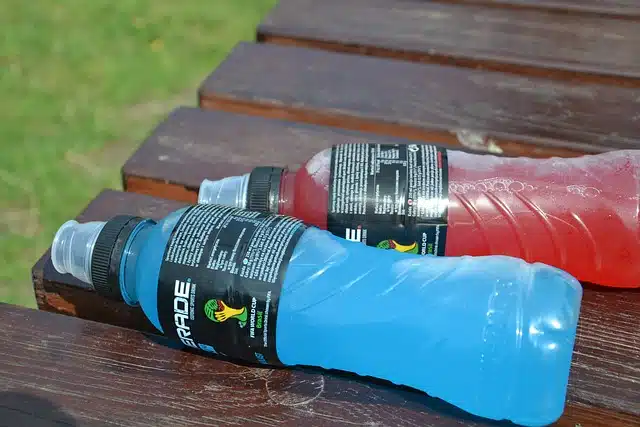
Electrolytes are substances that can be subjected to electrolysis.
An electrolyte or electrolyte is a substance that can undergo electrolysis (the decomposition into solution through the current of electricity). Electrolytes contain free ions that act as electrical conductors .
It is possible to distinguish between electrolytes in ionic solutions , molten electrolytes and solid electrolytes , depending on the arrangement of the ions. The most common are electrolytes that appear as solutions of salts, bases or acids . These electrolyte solutions can arise from the dissolution of biological polymers (such as DNA) or synthetic polymers (polyethylene sulfonate), obtaining a large number of charged centers.
Electrolyte characteristics
The electrolyte can be defined as the solvent that is dissolved in water to generate a solution capable of conducting current. When, in a solution, a high percentage of the solute dissociates to create free ions, we speak of strong electrolytes . On the other hand, if most of the solute fails to dissociate, reference can be made to weak electrolytes .
Returning to the concept of electrolysis, mentioned above, it is worth clarifying that it is also known as electrolysis and that it is the procedure by which the elements of a mixture are separated through the use of electricity ; In addition, it causes two phenomena to take place: the reduction and oxidation of electrons. Its history dates back to the first half of the 19th century and it was discovered by accident in the midst of the study of energy accumulators and it took about four decades for it to be widely accepted and given its own name.

There are sports drinks with electrolytes that contribute to rehydration after sports activity.
The importance of balance
It is important to highlight that living beings need a delicate balance of electrolytes between the internal environment of the cells and the extracellular environment. Osmosis requires this balance to regulate blood pH, muscle function and body hydration, for example. Magnesium, sodium, calcium and potassium are some of the primary electrolyte ions in physiology.
The balance of electrolytes in the body is usually maintained by oral intakes although, in emergency situations, substances with electrolytes can be administered through the veins.
Electrolytes in sports drinks
Sports drinks, for example, contain electrolytes to contribute to rehydration and improve performance. They were created in the 60s by an American doctor named Robert Cade and currently there are many brands that claim to offer the best product for health, but it is advisable to inform yourself before choosing one or the other.
In principle, these drinks were developed to counteract the dehydration that occurs through sweat , especially for those people who practice sports at a professional level. However, thanks to the exposure they received through advertising campaigns such as Gatorade , many fans began to consume them, even if their only physical activity was taking a couple of laps in the local park. In these cases, although it would be necessary to analyze each one individually, drinking water would probably satisfy all the body's needs, since these are not intense sessions.
Some people are guided by the taste or, worse yet, the design of the bottle when choosing a brand of sports drink. It goes without saying that the determining factors when choosing should be the needs of the body while exercising to know which company offers an appropriate combination to satisfy them. In general, they all contain simple carbohydrates (such as glucose and fructose) or complex carbohydrates (such as glucose polymers), water and electrolytes (such as chlorine, sodium, magnesium, potassium and calcium). There are also products that have additives to give color, aroma and sugary flavor, and vitamins. Above all, they tend to be differentiated by the magnitude of each ingredient they have.
